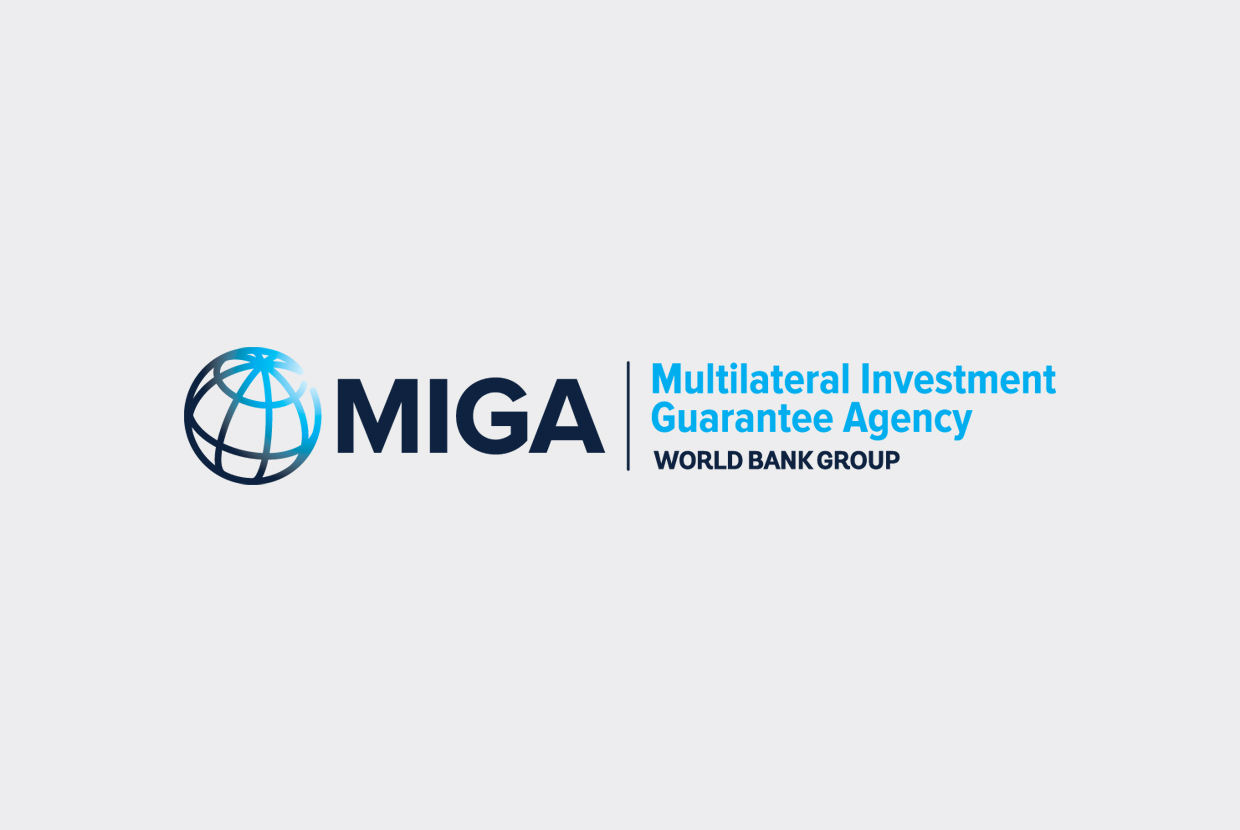Meanwhile, a nation with one of lowest tele-densities in the world gets expanded access to inexpensive, reliable communication. What might sound rather too good to be true is, in fact, a reality, made possible in part by the efforts of the Multilateral Investment Guarantee Agency – Miga – a member of the World Bank Group.
Israeli telecommunications company Sierra-Com is bringing high-speed broadband wireless internet and voice over IP communications (allowing phone calls to be made over the internet) to Sierra Leone. This West African nation has just one landline for every 250 people. Phone service is spotty and connections are sparse. Sierra-Com’s subsidiary in Sierra Leone, Iptel (PCS Holdings Sierra Leone), has already started commercial operation and sales of its broadband internet service and is signing up new customers every day.
Before Iptel’s entry into the marketplace, the only internet access was a slow dial-up service provided by a state-owned utility that has been plagued by poor management and broken infrastructure, and by a narrowband private internet service provider whose service was prone to stoppages due to electricity shortages. Sierra-Com’s US$3mn investment will establish a network using technologically advanced telecom equipment imported from Israel.
Through an innovative new programme aimed at encouraging smaller investors to consider projects in the developing world, Miga has provided Sierra-Com a standardised package of political risk insurance, protecting against the risks of transfer restriction, expropriation, and war and civil disturbance. The programme, known as the Small Investment Program or SIP, streamlines and expedites the agency’s underwriting process, making it quicker and easier for smaller firms to apply for guarantee coverage.
“The Miga process was very quick and efficient,” says Sierra-Com’s financial advisor Moshe Levin, from his office in Israel. “Our clients got what they needed in an expedited way.”
Levin, with Divra Ltd, says other agencies might not have been willing to provide political risk insurance (PRI) in Sierra Leone, where perceptions of risk remain high.
The ease of Miga’s small investor process helped Levin’s clients act swiftly in response to an ideal market opportunity, while mitigating their non-commercial risks. He adds that Miga brings value beyond its political risk guarantees: “Just having Miga and the World Bank name associated with the project is a deterrent to potential political problems.”
Indeed, Sierra Leone is a nation not lacking in problems. With a crushing 70% poverty rate, an average life expectancy of 40 years, and little to no GDP growth in the past 10 years, the nation is struggling to rebound from a devastating civil war, one which cost the lives of thousands and turned almost one-third of the population into refugees.
But the country also doesn ‘t lack for potential. Already, since the 2002 end of the civil war, the economic growth rate has jumped, to a healthy 7.4% in 2004. The nation’s abundant natural mineral resources have tremendous appeal for international mining companies, and offer a variety of peripheral economic development opportunities as well. Sierra Leone’s ideal location along the Atlantic Coast poses advantages as a logistics and shipping hub. The nation recently held its first democratic elections, and makes daily progress toward the kinds of legal, regulatory, and market reforms that will encourage business and economic growth.
But as anyone who has ever had to dial up for an internet connection knows, a major obstacle to business growth in this era of 24/7 real-time communication is the inability to connect – quickly, reliably, and inexpensively.
According to Miga underwriters, the business community in Sierra Leone was clamouring for better internet service. “This is absolutely a demand-driven project,” says Philippe Valahu, Miga’s acting director of operations. “And not only did the investor benefit from our streamlined application process for small investments, but the country stands to benefit in other ways as well.”
Improved connectivity is expected to trigger additional new investment and catalyse overall economic growth.
“I think it’s fair to say that this project is going to revolutionise the telecom market in Sierra Leone,” Levin says. “It will also put the country at the forefront of broadband. They will be able to offer world-class service, at very high speed.”
This will help attract more businesses, particularly those, such as financial institutions, that require high-speed service to transmit vast amounts of data.
Sierra-Com is targeting an initial customer base comprised of local businesses, multinational firms, and the UN peacekeeping troops that have been on the ground since the civil war. And as more businesses become established, the company anticipates major market growth. The monthly service charge is far lower than rates charged in neighbouring countries.
The company is partnering with a local Sierra Leonean business, Firstcom, to form the subsidiary. Iptel has already set up three communication hubs in the Freetown area. To protect the network from the country’s all-too-regular power outages, the company is installing its own system of back-up generators.
While the project is a first for Miga in Sierra Leone, the agency brings to bear a track record of success from other efforts in sub-Saharan Africa. Since its inception, the agency has issued US$1.7bn for projects in the region, representing 17% of its outstanding portfolio, with a particular focus on infrastructure projects, including telecommunications.
Reproduced from www.miga.org.







